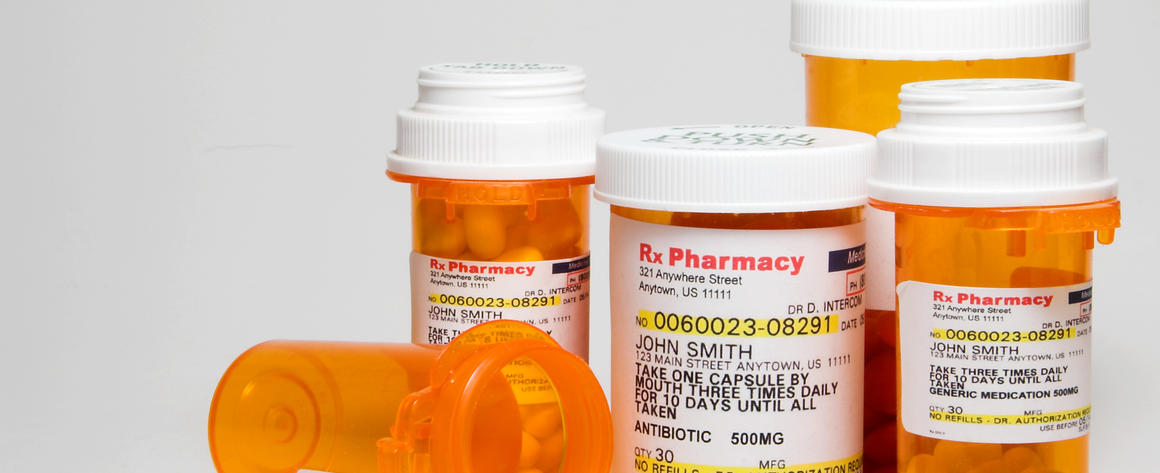Drug companies are hated for a reason—they exist to maximize profits, not make us healthier. It’s time to put them under public control.
Drug companies are among the most widely despised businesses in America. Infamous for generating incredible profits at the expense of the sick and dying while leveraging their enormous economic power to evade regulations (to say nothing of their role in the opioid epidemic), they are often seen as a textbook profiteer. Already, many Americans report not filling prescriptions, cutting pills in half or skipping doses due to costs. In the world’s most expensive healthcare system, more than 10 percent of total healthcare costsand 21 percent of employer healthcare benefits are attributed to pharmaceuticals. Research shows that “drug spending is growing faster than any other part of the health care dollar.”
During Friday’s long-awaited speech on drug prices, President Trump blamed “foreign freeloaders”, the drug lobby and “middlemen” for rising prices, promising once again to put American patients first. However, experts predict the plan—which focuses on private sector competition and negotiation—will have little effect on the industry or its practices.
In many cases, the profits extracted by drug companies represent a form of double-taxation, given that public funding underpins pharmaceutical research and development (R&D). For instance, publicly-funded research contributed to the development of the cholesterol-lowering medication Crestor. Yet, U.S. taxpayers spent billions more (either out of pocket, through rising insurance premiums or through Medicare or Medicaid) to take the drug at marked up prices while Pharma giant AstraZeneca pulled in over $16 billion in profits on Crestor alone over a three-year period.
And that’s not all. We pay a third time when we lose revenue through tax breaks and loopholes that allow pharmaceutical companies to market their drugs to us tax-freeand operate vast networks of off-shore subsidiaries to avoid paying taxes.
In this context, and with increasing pressure to keep healthcare costs down as the population gets older, isn’t it time to consider a public option in the pharmaceutical sector?





